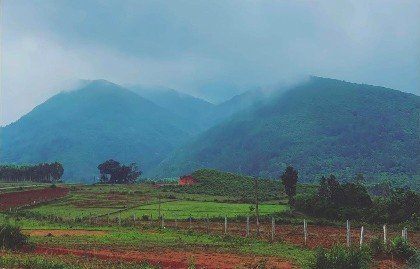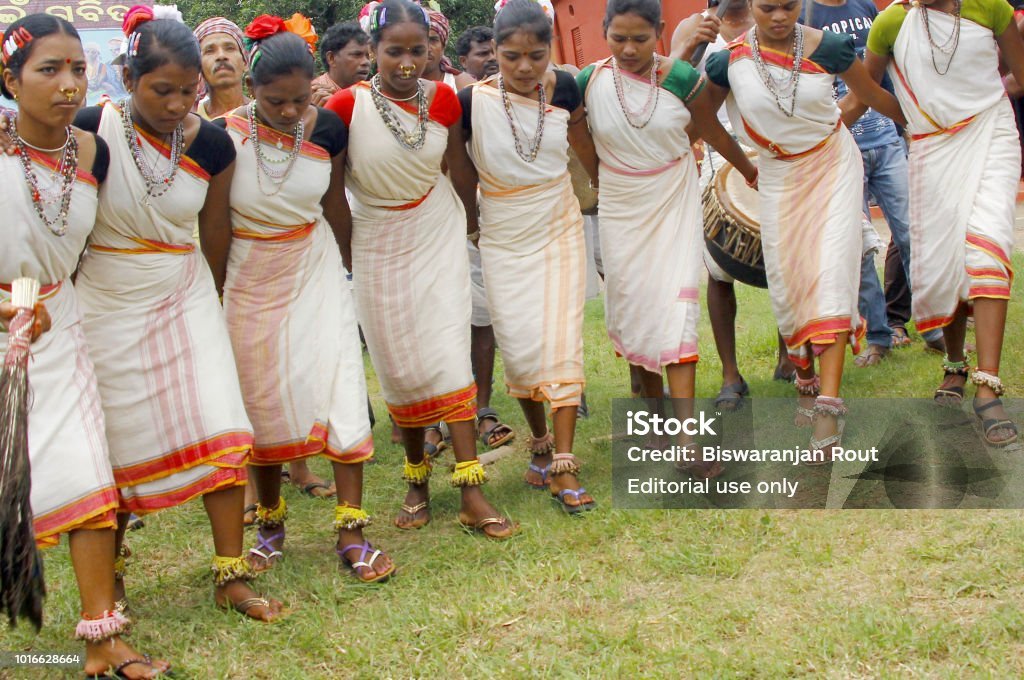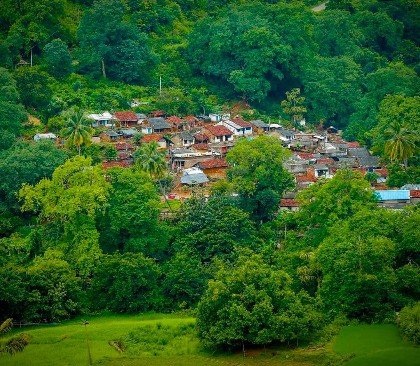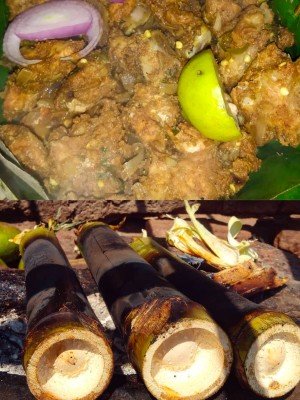“Araku Valley: Andhra Pradesh’s Hidden Paradise”
Araku Valley is a scenic hill station with coffee plantations, waterfalls, tribal culture, cool weather, lush greenery, and stunning train rides through the Eastern Ghats.
Araku Valley – The Scenic Jewel of Andhra Pradesh

Nestled in the Eastern Ghats of Andhra Pradesh, Araku Valley is a pristine hill station known for its lush green landscapes, tribal culture, aromatic coffee plantations, and enchanting waterfalls. Located about 120 km from Visakhapatnam (Vizag), Araku Valley is often referred to as the “Ooty of Andhra Pradesh,” and rightly so — its cool climate, picturesque valleys, and mist-covered mountains make it a perfect getaway for nature lovers, adventure seekers, and culture enthusiasts.
1. Breathtaking Natural Beauty
The journey to Araku Valley is as mesmerizing as the destination itself. The route from Vizag takes you through tunnels, bridges, and rolling hills covered with dense forests. The verdant scenery, peppered with streams and paddy fields, gives a peek into the unspoiled charm of this region.
Once you reach Araku, you’re welcomed by vast stretches of green meadows, coffee estates, and majestic waterfalls. The valley is especially vibrant during the monsoon and winter months when the mist adds an ethereal touch to the entire landscape.
2. Famous Attractions in Araku
- Padmapuram Gardens: A must-visit botanical garden that boasts rare flowers, tree-top huts, and toy train rides — great for families and kids.
- Tribal Museum: Showcasing the lifestyle, handicrafts, and dances of the native tribes of Araku, this museum offers a cultural insight into the region’s heritage.
- Coffee Museum: Araku Valley is known for its organic coffee. This museum takes visitors through the coffee-making process, history, and local contribution to India’s coffee culture.
- Dumbriguda Waterfalls (Chaaparai): A stunning cascade that flows over flat rocks, perfect for picnics and photography.
- Ananthagiri Hills: En route to Araku, these hills are known for panoramic views and hiking trails.

3. Tribal Culture
Araku is home to several indigenous tribes, including the Bagata, Kondadora, and Valmiki tribes. Their colorful traditions, folk dances like Dhimsa, and traditional attire reflect a deep connection with nature and heritage. The Dhimsa dance, performed by women in groups during festivals, is particularly captivating and a treat to watch.

4. Araku Coffee – A Brand in Itself
One of the highlights of Araku is its organic, shade-grown coffee, cultivated by local tribal communities with the support of various cooperative organizations. The coffee from Araku has gained international recognition for its rich flavor and eco-friendly production practices. You can taste and buy this coffee at the Coffee House or museum, where the aroma is enough to make any coffee lover’s heart skip a beat.
5. Best Time to Visit
The best time to visit Araku Valley is between October and March when the weather is pleasant and ideal for sightseeing. Monsoons (June to September) are also magical with lush greenery, although landslides can occasionally affect travel.

6. Getting There
- By Road: Well-connected by buses and taxis from Visakhapatnam.
- By Train: The Araku Valley train ride is considered one of the most scenic in India, passing through more than 50 tunnels and over 80 bridges.
- By Air: The nearest airport is Visakhapatnam Airport, about 110 km away.
7. Adventure & Activities
Besides sightseeing, Araku offers trekking opportunities, nature walks, and photography trails. The nearby Katiki Waterfalls and the Borra Caves are excellent for adventure lovers.

8. Local Cuisine
Try local delicacies like Bamboo Chicken, a tribal specialty where marinated chicken is cooked inside bamboo over fire, and Madugula Halwa, a local sweet delight.

9. Stay Options
From luxury resorts and eco-tourism cottages to budget homestays, Araku offers a variety of accommodations surrounded by nature.

